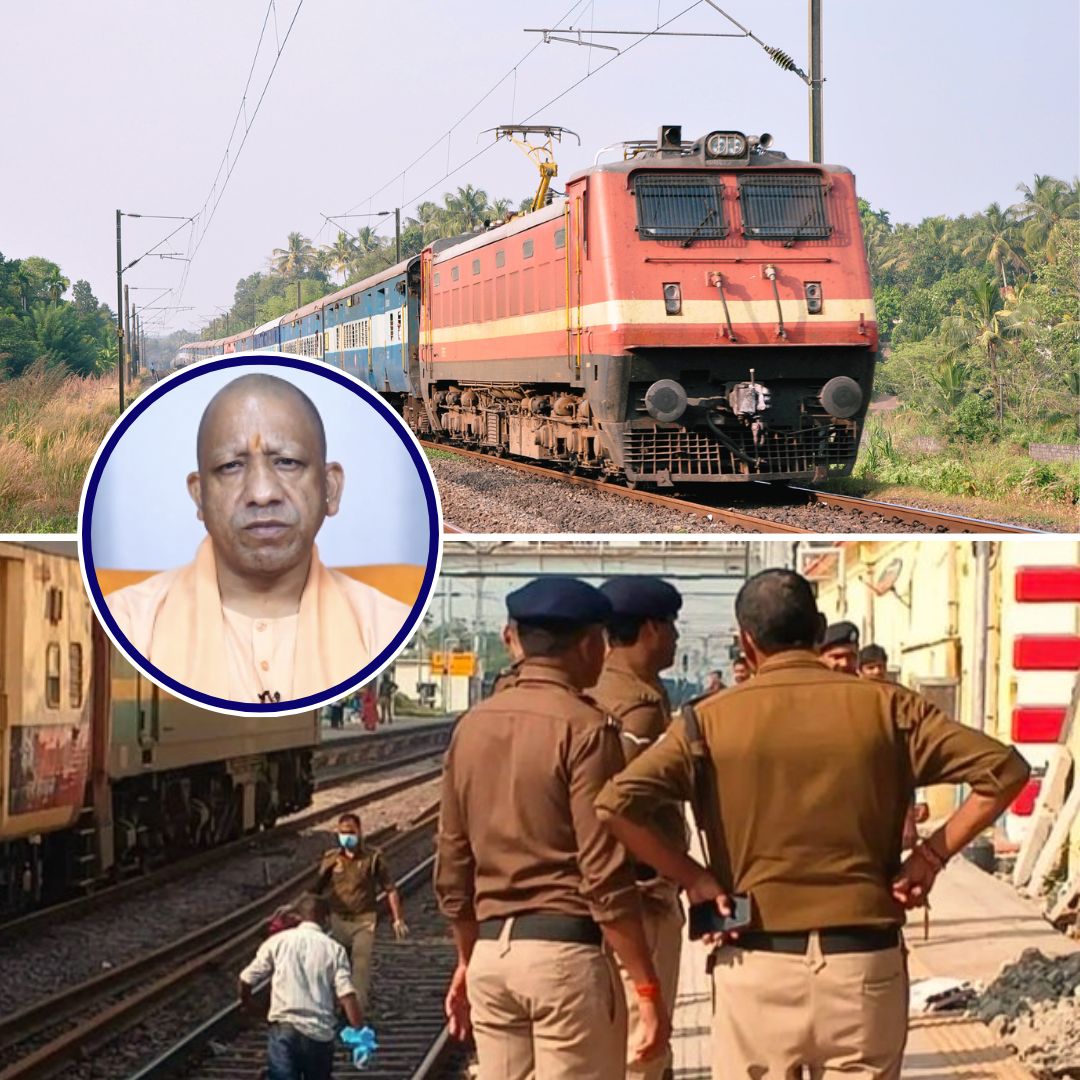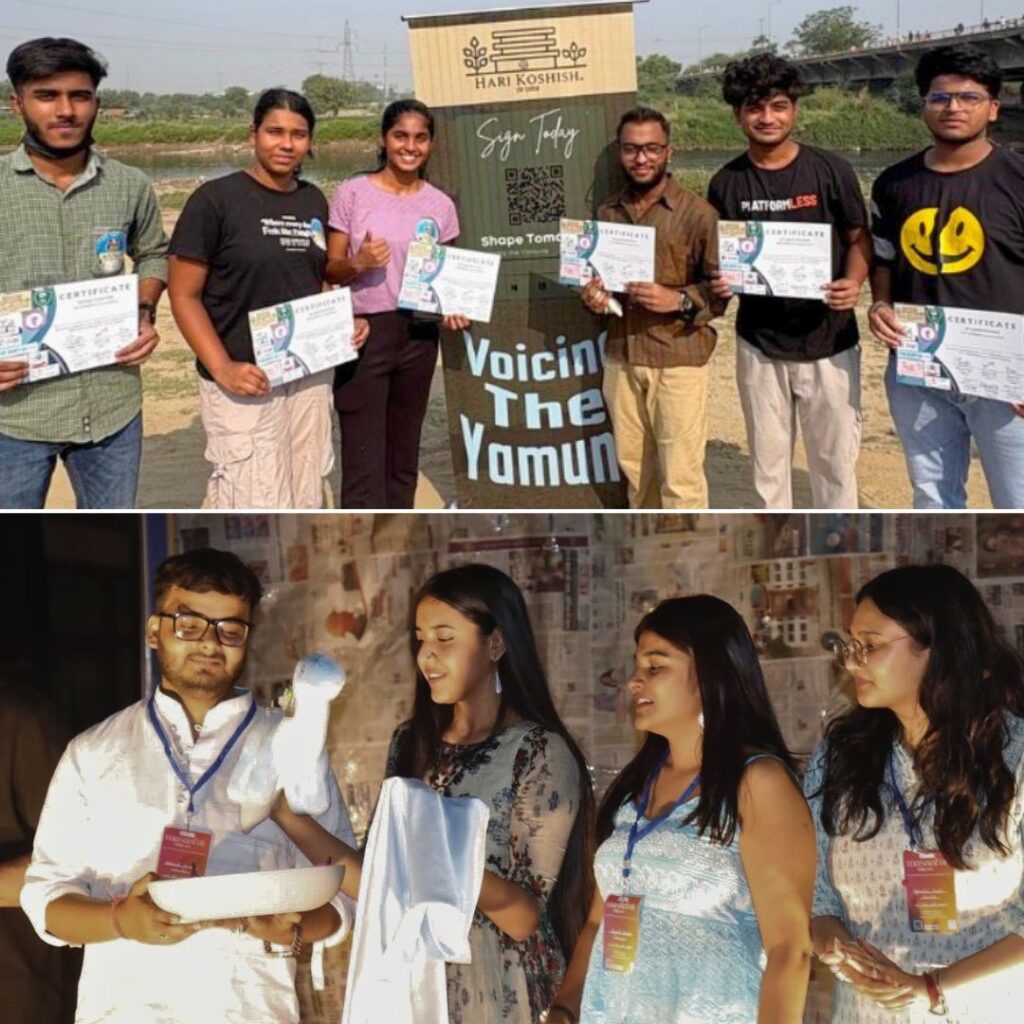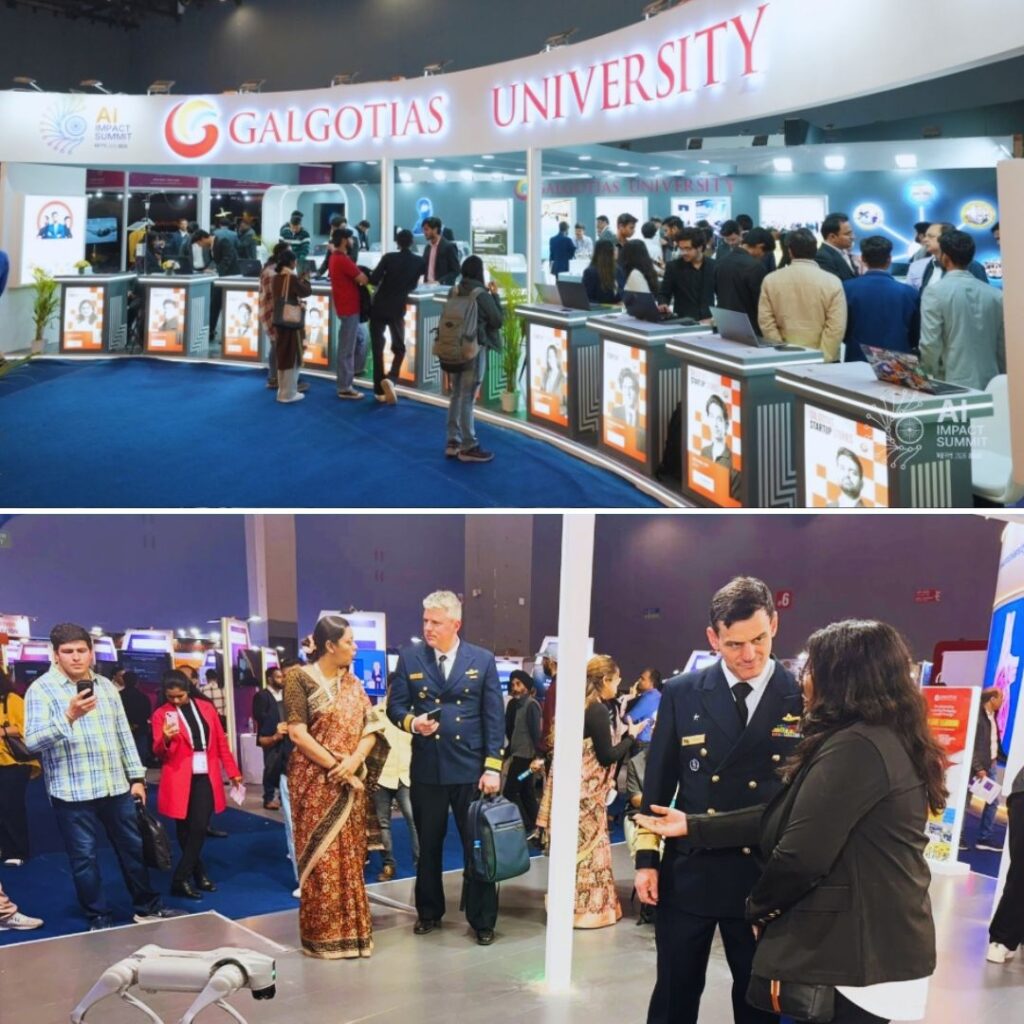At least six women devotees were killed and several others critically injured when the Kalka Mail Express struck them as they crossed railway tracks at Chunar railway station in Mirzapur, Uttar Pradesh, on the morning of 5 November 2025.
The accident happened around 9:30 am on Platform No. 3 while the victims were alighting from the Chopan – Prayagraj Express passenger train and crossing tracks on foot, instead of using the foot overbridge. The victims were reportedly returning from Kartik Purnima festivities. Rescue operations have been launched, and investigations into the causes and safety measures are ongoing.
CM Yogi announced an ex-gratia compensation of Rs 2 lakh for the next of kin of each deceased victim. He also prayed for the speedy recovery of those injured and assured that all necessary assistance and support would be extended to the victims’ families.
Details of the Incident and Immediate Response
Due to heavy crowding and in a rush, several passengers disembarked from the side opposite the platform and attempted to cross tracks illegally to reach Platform 3.
Simultaneously, the Kalka Mail Express, which does not halt at Chunar station, was passing through the main line (Line 3) at high speed. Six women unfortunately could not clear the tracks in time and were fatally hit, with their remains scattered over 50 meters.
Authorities immediately sealed off the area, and railway officials, Railway Protection Force (RPF), Government Railway Police (GRP), and local administrative officers arrived promptly to manage the situation and assist in relief work. The bodies were sent to Mirzapur for post-mortem, and families of the victims have been informed and supported.
Voices from the Ground and Official Statements
The tragedy has shocked the local community and pilgrims alike. Eyewitnesses criticised the lack of clear crowd control during the Kartik Purnima festival, observing that despite the presence of a foot overbridge, many devotees attempted the dangerous shortcut across the tracks.
District Magistrate Pawan Gangwar confirmed that six women died while crossing and assured full assistance to their families.
Northern Railway’s Chief Public Relations Officer, Shashi Kant Tripathi, confirmed that train operations on the route resumed by 10 am after track clearance and reiterated the importance of alighting only from platform sides for passenger safety.
Background and Context
Just a day before the Mirzapur accident, a tragic collision in Chhattisgarh’s Bilaspur district involving a passenger MEMU train and a stationary goods train claimed 11 lives and injured over 20 people, highlighting ongoing safety challenges on India’s rail network.
This accident adds to the growing concern about passenger safety at railway stations in India, particularly during festival seasons marked by large crowds.
Despite adequate infrastructure such as foot overbridges, incidents of passengers crossing tracks illegally persist, leading to tragic outcomes. Railway authorities face pressure to enhance signage, warning systems, and crowd management, especially at stations near pilgrimage sites. The Mirzapur incident follows similar recent tragedies across the country, underscoring systemic gaps in infrastructure upkeep and passenger awareness.
Authorities have pledged a high-level inquiry and reviews of existing protocols to prevent future occurrences, highlighting the urgent need for combined efforts involving railway officials, law enforcement, and local administrations.
The Logical Indian’s Perspective
The loss of six innocent lives at Mirzapur calls for immediate and sustained reforms in railway safety management, especially in high-footfall areas during religious and cultural events. Infrastructure alone cannot guarantee safety, it must be matched with effective communication, education campaigns, vigilant enforcement of rules, and empathetic governance that supports citizens’ safe travel.
The Logical Indian stands for a future where tragedy gives way to learned lessons, where safety is non-negotiable, and where communities collaborate to protect every member amidst India’s growing mobility.












